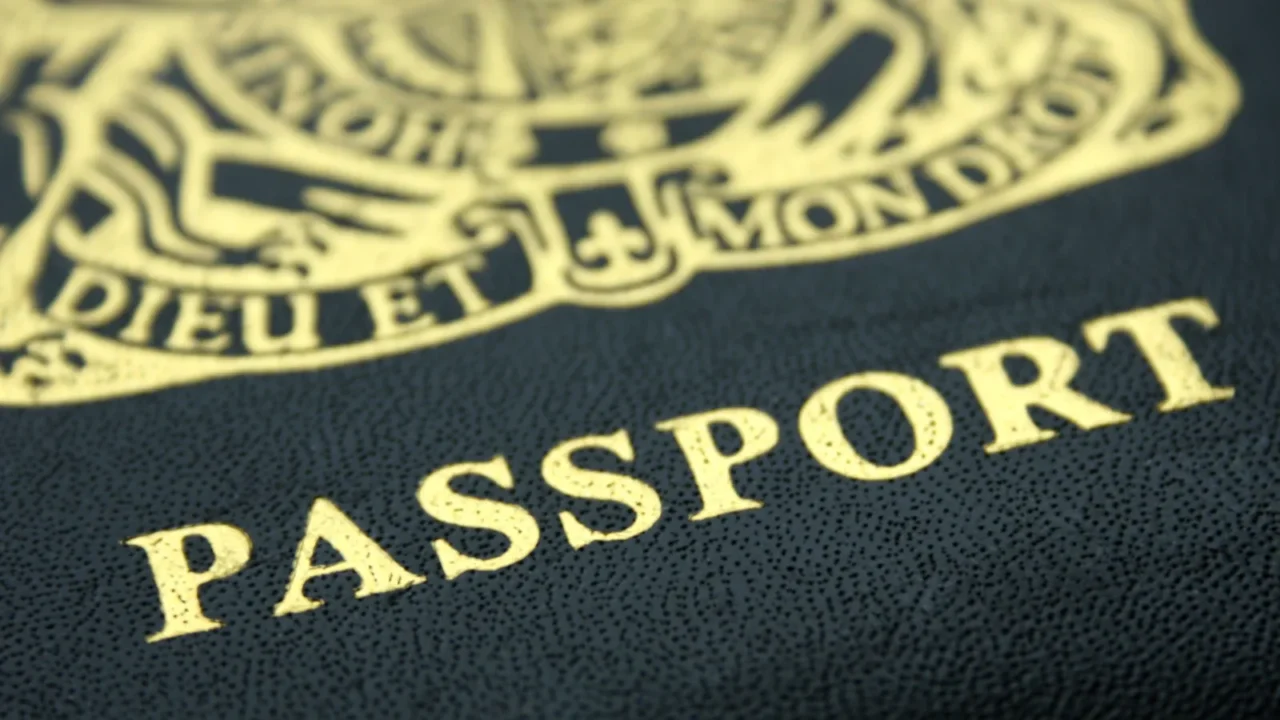
Wealthier Americans seek second passports
The U.S. is seeing a surge of wealthy citizens buying second passports abroad in 2025. Experts call it a “passport gold rush,” reflecting growing concerns about political, economic, and social uncertainties at home.
High-net-worth Americans are looking for security and flexibility beyond the U.S. According to Henley & Partners’ 2025 report, a 183% year-over-year increase in inquiries suggests that relying solely on an American passport no longer feels sufficient for the ultra-rich who want a global safety net and lifestyle options.
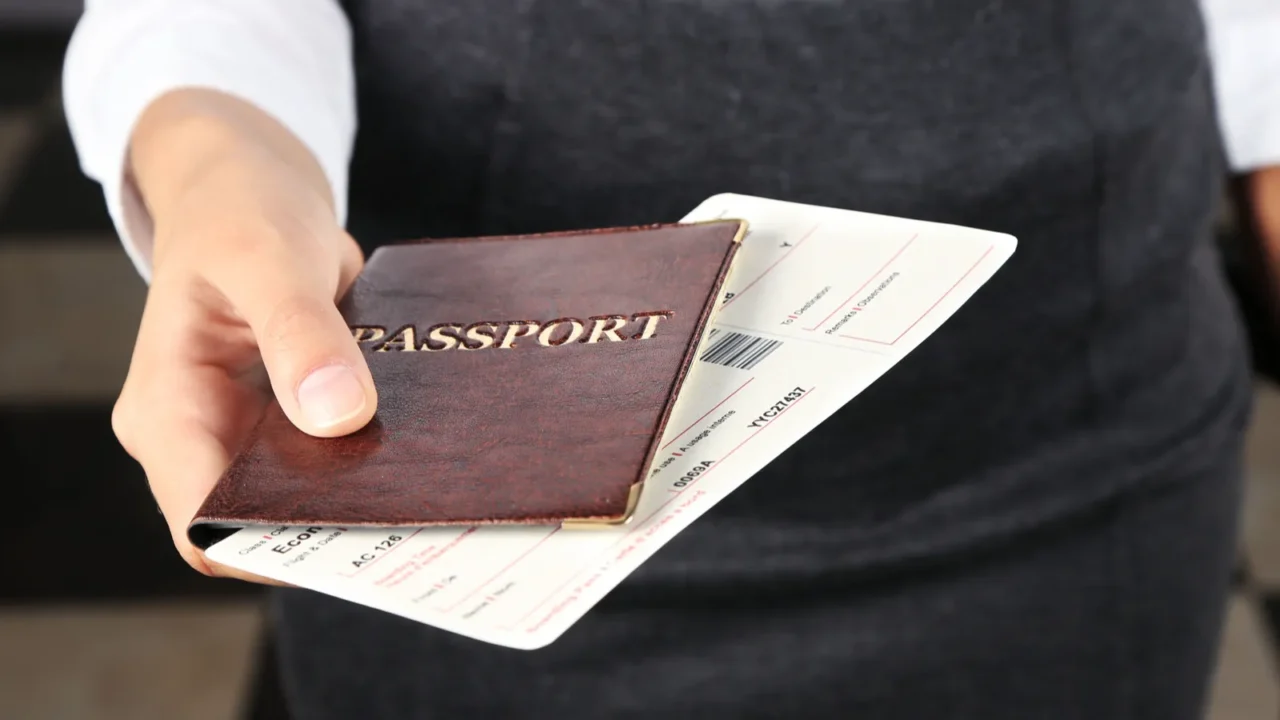
Motivations behind dual citizenship
Political instability and economic concerns are pushing Americans to explore citizenship elsewhere. Wealthy individuals see it as a way to hedge against civil unrest or financial shocks.
Dual citizenship has shifted from a controversial choice to what some scholars call “the new American Dream.” For the affluent, it ensures that their families can live, travel, and invest freely, creating a Plan B that protects their future in uncertain times.
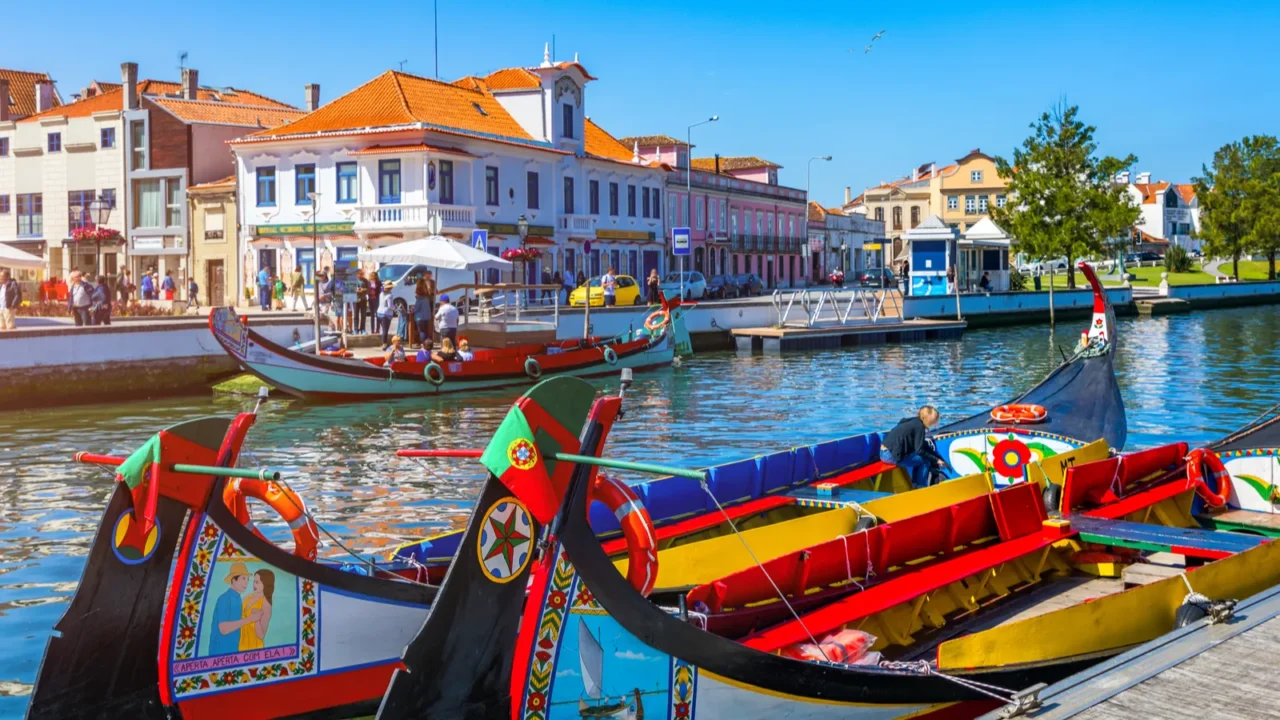
Europe still leads but shifts emerging
European countries like Portugal, Malta, and Greece have long been leaders in citizenship-by-investment. Their programs remain popular due to EU access and lifestyle perks.
However, Latin America and Asia are rising as alternative hubs. Uruguay, Panama, and Argentina offer more accessible and affordable citizenship options, while Thailand, Singapore, and Cambodia attract investors seeking strong business climates and residency benefits.

What are golden passports
Golden passport programs grant citizenship in exchange for financial investments. This usually includes real estate purchases or contributions to public funds.
Costs range from $100,000 to over $1 million, depending on the country. Beyond prestige, these passports offer visa-free access to the EU and Schengen Area, giving Americans unmatched mobility and a strategic hedge against political or legal risks back home.

Wealth planning through citizenship
Wealthy Americans are not just buying travel convenience; they are planning strategically. Citizenship and residency are treated like assets in a portfolio.
By holding multiple passports, investors can optimize taxes, protect assets, and ensure future mobility. Some obtain citizenship in one country while living in another, spanning continents for legal, financial, and lifestyle flexibility that maximizes security for generations.

Trump’s gold card vs reality
President Trump proposed selling “gold cards” to attract wealthy immigrants, offering U.S. residency in exchange for investment. The idea was intended to compete with foreign programs.
Despite this, the flow of wealthy Americans is outward. The U.S. sees fewer inquiries than global alternatives, with many choosing foreign passports for greater freedom, mobility, and financial advantages beyond what the Trump gold card could provide.
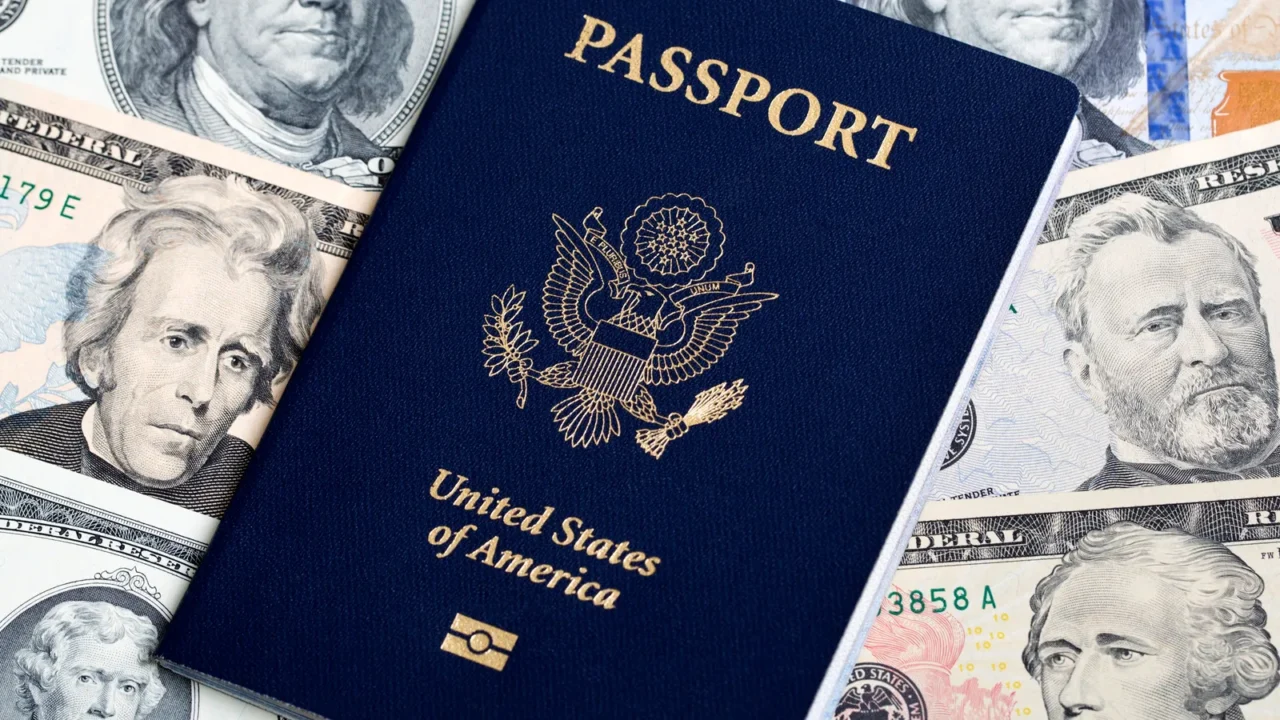
Citizenship for freedom and security
For the affluent, a second passport is more than a status symbol. It’s a practical tool to safeguard freedom, travel, and family security globally.
The passports give Americans options to exit if circumstances worsen at home. They provide access to favorable tax regimes, international business opportunities, and legal protection, making them a critical hedge against domestic uncertainty.
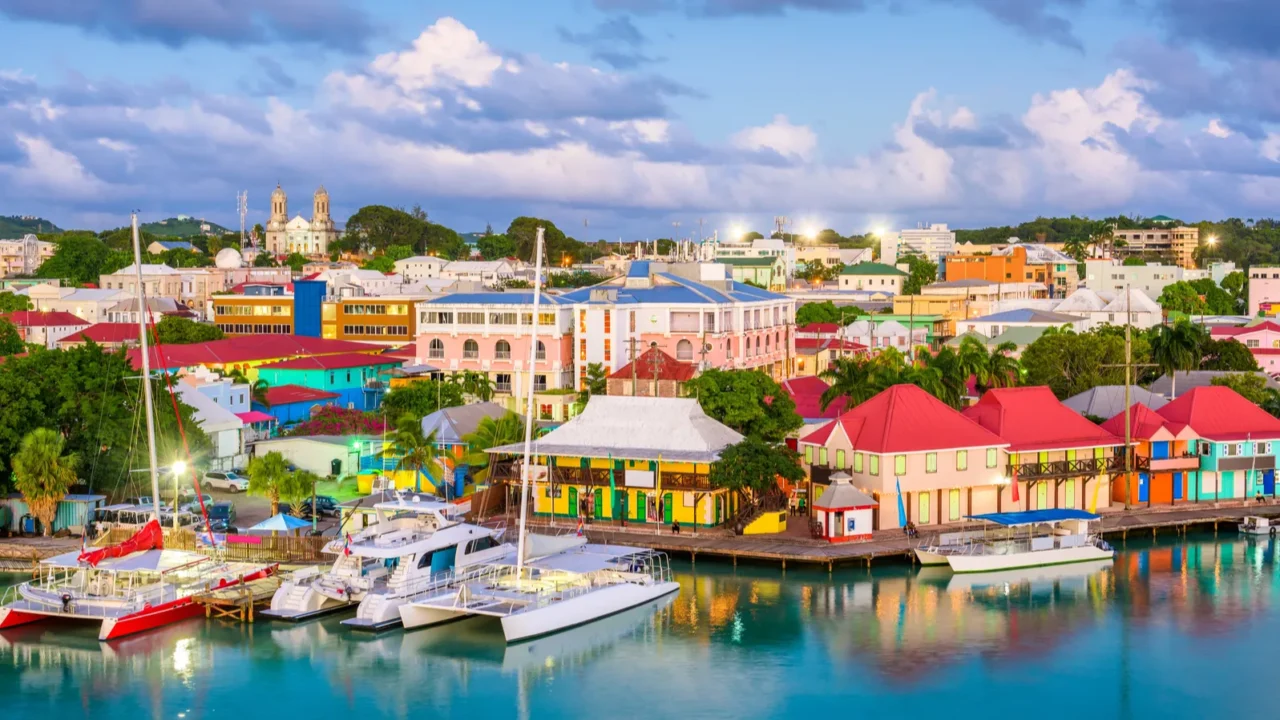
Popular countries for cbi
Leading countries include Antigua & Barbuda, Dominica, Grenada, St. Lucia, St. Kitts & Nevis, Turkey, Nauru, and Vanuatu. Each program varies in investment type, cost, and benefits.
Investments typically include donations, real estate, or business ventures. Many programs don’t require renouncing U.S. citizenship, allowing dual nationality while offering visa-free travel and access to politically and economically stable countries worldwide.

Cost ranges for passports
CBI program costs start around $105,000 and can go over $400,000, with additional fees for due diligence, applications, and family members.
These passports are a strategic purchase. They provide access to dozens of countries, flexible residency, and financial protection, making them an attractive investment for Americans seeking mobility, safety, and global lifestyle options.

Tax benefits abroad
Many CBI countries offer favorable tax regimes. Some have no inheritance, capital gains, or foreign income taxes for non-residents, which can preserve wealth across generations.
By pairing citizenship and residency strategically, wealthy Americans can diversify tax exposure. Dual nationality provides access to beneficial treaties and global wealth planning opportunities unavailable through U.S. citizenship alone.

Enhanced global mobility
Golden passports allow visa-free or visa-on-arrival access to numerous countries, simplifying international business, travel, and residency.
They are more than convenience, they are strategic tools. Americans can relocate, invest, or expand businesses globally without restrictions, maximizing freedom and leveraging advantages not offered by a single U.S. passport.

Risks and security concerns
CBI programs carry risks. Lax due diligence can lead to passports being issued to criminals or politically exposed individuals, creating security concerns internationally.
Political or regulatory changes in host countries can alter program benefits, and some countries don’t fully recognize dual citizenship. Investors must weigh these risks against the mobility and security advantages that golden passports offer.

Moral and ethical debates
Critics argue that selling citizenship commodifies a nation, creating an elite market and undermining traditional concepts of allegiance. Despite ethical debates, the programs continue to attract wealthy Americans.
Transparency, strengthened background checks, and international oversight have helped legitimize reputable programs, balancing risks with substantial mobility and security benefits.

Legal complexities
Dual citizenship may involve legal hurdles. Some countries impose restrictions, residency requirements, or limitations on rights for foreign citizens.
Americans must navigate these rules carefully. Legal counsel and wealth advisors are often used to ensure compliance, avoid penalties, and maintain full advantages of second citizenship while protecting their U.S. rights.

Strategy for families
Wealthy Americans consider future generations when obtaining second passports. Citizenship can be passed to children, offering lifelong global mobility and protection.
Families may combine multiple passports and residencies strategically. This ensures their heirs benefit from tax optimization, flexible education and career opportunities, and the ability to live securely across borders.
If you’re also considering dual citizenship, here are some of the world’s best cities to visit in 2025, ranked to help you plan and explore.

Citizenship as a portfolio
Investors now treat citizenship as an asset. Multiple passports are a hedge against uncertainty and a tool to optimize personal and financial freedom.
This portfolio approach allows flexibility in travel, tax planning, and business expansion. However, there are countries where Americans are not welcome as tourists or citizens, and they should carefully consider this before pursuing a second passport.”
Would you consider getting a second passport if it meant more freedom and security? Tell us why, or why not, in the comments below!
Read More From This Brand:
- The U.S. border Canadians say to avoid on trips to see a loved one
- Planning a New England foliage trip? This Vermont town stands out as truly unique
- Add these 10 epic European monuments to your bucket list
Don’t forget to follow us for more exclusive content right here on MSN.
This slideshow was made with AI assistance and human editing.